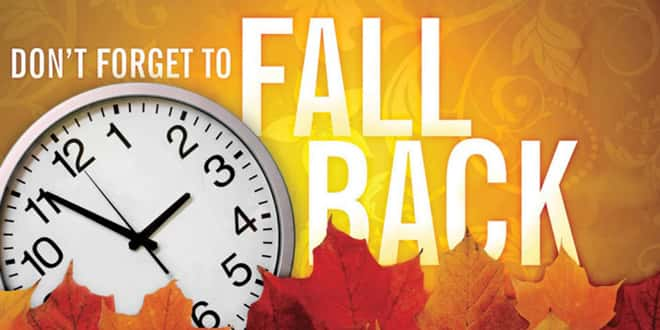
Yes, this is the weekend we turn out clocks back one hour as Daylight Saving Time ends. It officially starts at 2 a.m. on Sunday, November 5.
AAA is out with a warning that in turning back our clocks, it could mean sleepy drivers. That’s why the organization supports Drowsy Driving Prevention Week, which runs November 5-11. AAA reminds motorists to be prepared for sun glare during their Monday morning commute and for reduced visibility on the road during their suddenly darker Monday evening commute.
“The end of Daylight Saving Time this weekend will bring shorter days and longer nights,” says Rylie Fletcher, spokesperson for AAA Oklahoma. “Night driving brings challenges, so we urge motorists to slow down, increase their following distance, use headlights to make yourself more visible, and be extra cautious on the roadways.”

When clocks “fall back” in autumn, drowsy driving becomes a significant threat to motorists, cautions AAA. That is because their evening commute will now take place in darkness.
AAA Foundation for Traffic Safety’s 2020 Traffic Safety Culture Index data shows that most motorists (95 percent) identify drowsy driving as very or extremely dangerous. Yet, despite high rates of perceived danger and personal/social disapproval regarding drowsy driving, about 17 percent of drivers admit to having driven while being so tired that they had a hard time keeping their eyes open, at least once in the past 30 days.
Additional AAA Foundation research findings:
- Drivers who have slept for less than 5 hours have a crash risk comparable to someone driving drunk.
- Drivers who miss one to two hours of sleep can nearly double their risk of a crash.



